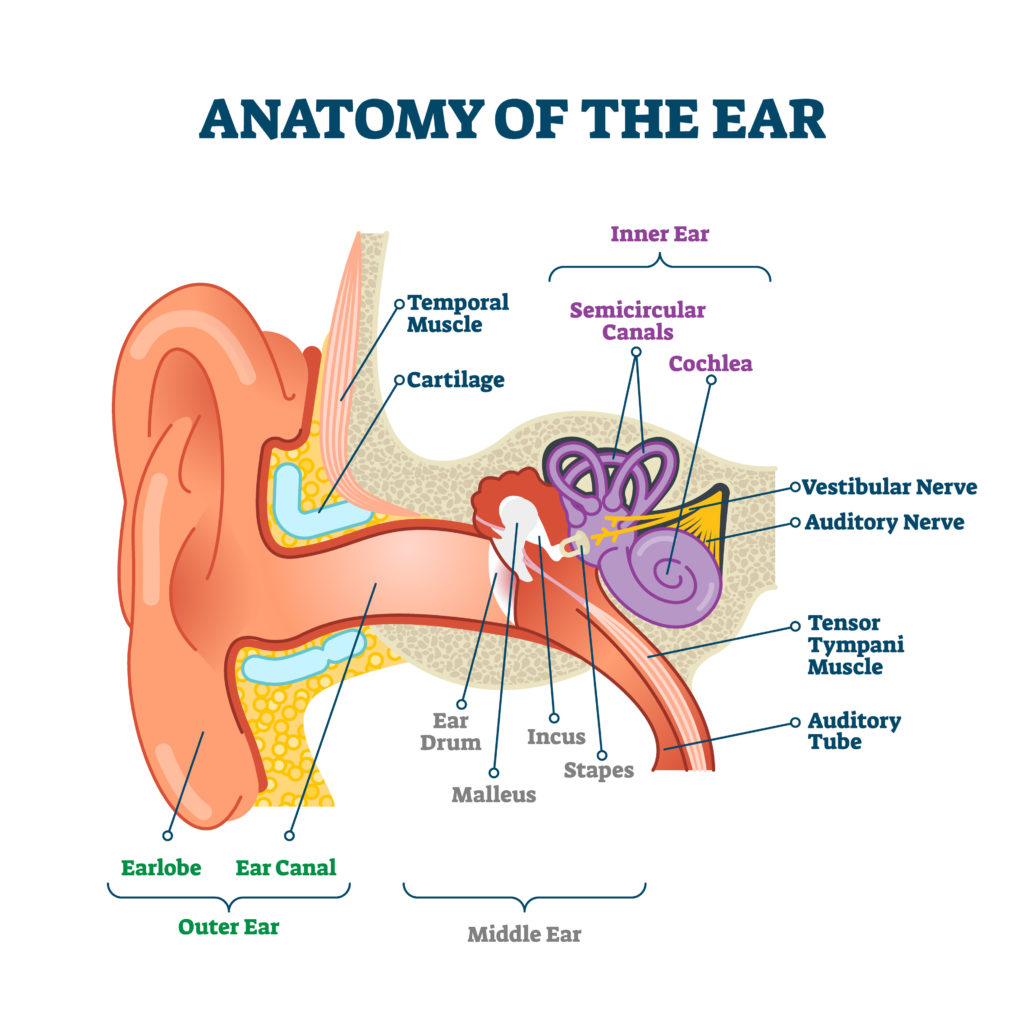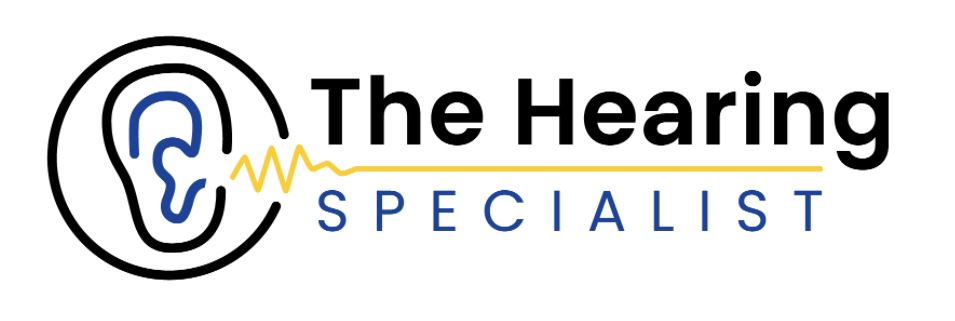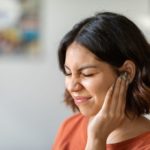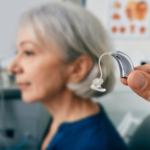There are many things that can have a significant impact on your hearing. It can be something as simple as natural ear deterioration, or it could be hereditary. But there is something people don’t realise that can have a big impact on your hearing – noise pollution.
Just recently, more people are taking notice of the impact noise pollution can have on your auditory health. So, in today’s article we will be diving into noise pollution; how it can affect your hearing, the health consequences you might face, and the solutions viable to prevent it.
Understanding noise pollution
So, what is noise pollution I hear you ask? Well, noise pollution is excessive or disturbing noises that interfere with normal activities. It has become a pervasive issue in urban and industrialised areas, affecting both rural and urban dwellers. But where does it come from? There is no one main source of noise pollution. It originates from various sources, the most common being traffic from cars, buses, and motorcycles. The constant flow of traffic in busy urban areas contributes significantly to noise pollution levels. Construction activities are another major source, with heavy machinery, drilling, and hammering causing high levels of noise in residential and commercial areas.
Also, recreational activities can contribute to noise pollution. Concerts, sporting events, and outdoor festivals are popular forms of entertainment, but they often involve loud music and cheering crowds, generating high noise levels. Even everyday activities such as using power tools, lawnmowers, or household appliances can contribute to the overall noise levels in our environment.
Furthermore, a discussion point worth mentioning is decibel levels. Decibel (dB) is the unit used to measure the intensity of sound. It is important to understand decibel levels to assess the impact of noise pollution on human health. Prolonged exposure to sounds above 85 dB can cause hearing damage. For reference, normal conversation typically measures around 60 dB, while a busy city street can reach 80-90 dB. This is why it’s crucial to have a good awareness of decibel levels, as the more knowledge you have you’ll be able to recognise harmful noise levels and take appropriate measures to protect your hearing.

How noise affects your hearing
To comprehend how noise affects our hearing, it’s important to understand how the ear works. The ear consists of three main parts: the outer ear, the middle ear, and the inner ear. Sound waves enter the outer ear and travel through the ear canal, reaching the eardrum in the middle ear. The eardrum vibrates in response to sound waves, transmitting these vibrations to the three tiny bones in the middle ear called the ossicles. The ossicles amplify the sound and send it to the inner ear, where the cochlea, a spiral-shaped organ, converts the vibrations into electrical signals that are then sent to the brain for interpretation.
Excessive noise can disrupt this delicate process and cause damage to the ear structures. When exposed to loud noise, the sensory hair cells in the cochlea can become overloaded and injured. Initially, this may result in temporary hearing loss or a decrease in hearing sensitivity. However, repeated or prolonged exposure to loud noise can lead to permanent damage, resulting in a permanent loss of hearing ability.
In addition to hearing loss, noise pollution can also cause another distressing condition called tinnitus. Tinnitus is characterized by the perception of ringing, buzzing, or other phantom sounds without external stimuli. Exposure to loud noise can damage the hair cells and nerve endings in the cochlea, leading to the development of tinnitus. It can be temporary or chronic, and in some cases, tinnitus can have a significant impact on an individual’s quality of life, causing stress, anxiety, and difficulty concentrating.

Health consequences of noise pollution
The health consequences of noise pollution extend beyond its impact on hearing. Chronic exposure to excessive noise levels can have a range of adverse effects on both physical and psychological well-being.
One of the primary health consequences of noise pollution is an increased risk of cardiovascular diseases. Studies have shown that chronic exposure to loud noise can elevate blood pressure, increase heart rate, and disrupt the normal functioning of the cardiovascular system. Consistent exposure to noise pollution has been associated with hypertension, heart disease, and an increased risk of heart attacks and strokes.
Additionally, noise pollution has been linked to an increased risk of stress-related disorders. Constant exposure to high levels of noise can trigger the body’s stress response, leading to elevated levels of stress hormones such as cortisol. Chronic stress can have wide-ranging implications, including an increased risk of anxiety, depression, and other mental health conditions.
It’s worth noting that certain vulnerable people, such as children, the elderly, and individuals with pre-existing health conditions, may be more susceptible to the health consequences of noise pollution. Children exposed to high noise levels may experience learning difficulties, developmental issues, and impaired cognitive abilities. The elderly, who may already have age-related hearing loss, can face increased social isolation and cognitive decline due to excessive noise exposure.

Protecting your hearing from noise pollution
Now you’re aware of how noise affects your hearing, and the potential health consequences – you need to know how to protect your hearing from noise pollution. One of the most effective ways to protect your hearing is by using hearing protection devices. Earplugs and earmuffs are readily available and can significantly reduce the amount of noise reaching your ears. Earplugs, made of foam or silicone, fit snugly into the ear canal, creating a barrier against loud sounds. Earmuffs, on the other hand, cover the entire ear and provide a physical shield from noise. These devices are particularly useful in noisy environments such as construction sites, concerts, or sporting events.
Furthermore, it is crucial to be mindful of personal listening habits. Limiting the duration and volume of exposure to loud sounds from personal audio devices, such as headphones or earphones, can help prevent noise-induced hearing damage. Following the “60/60 rule” – listening at 60% of the maximum volume for a maximum of 60 minutes per day – is a good guideline to protect your hearing while enjoying music or other audio content.
Regular hearing check-ups with an audiologist are essential for early detection of any potential hearing loss. At The Hearing Specialist, we can evaluate your hearing health, provide guidance on hearing protection, and offer appropriate solutions if needed.
We hope you’ve enjoyed reading our latest article about the impact noise pollution can have on your hearing. If you have any questions, get in touch with us today and we will provide you with everything you need to know.
Alternatively, if you’re struggling with your hearing and you would like to book a hearing test – get in touch with our team today!




